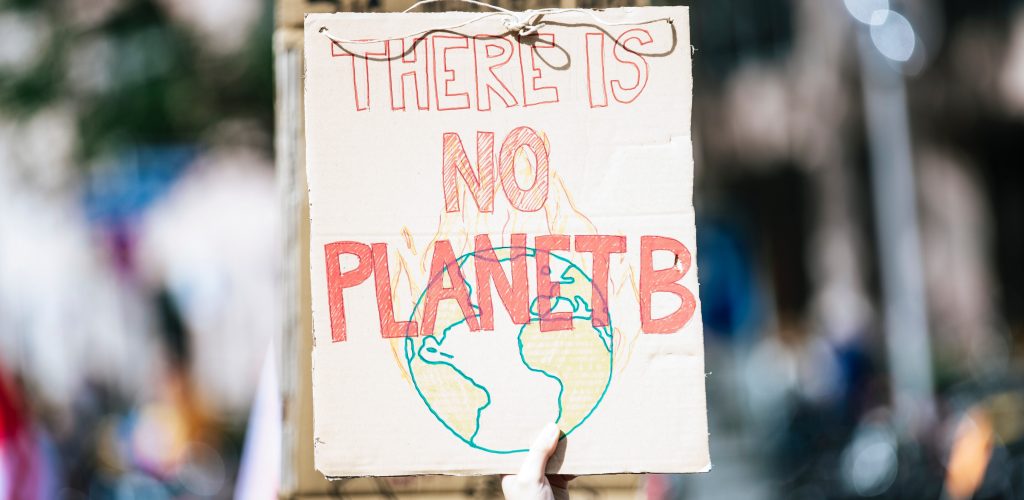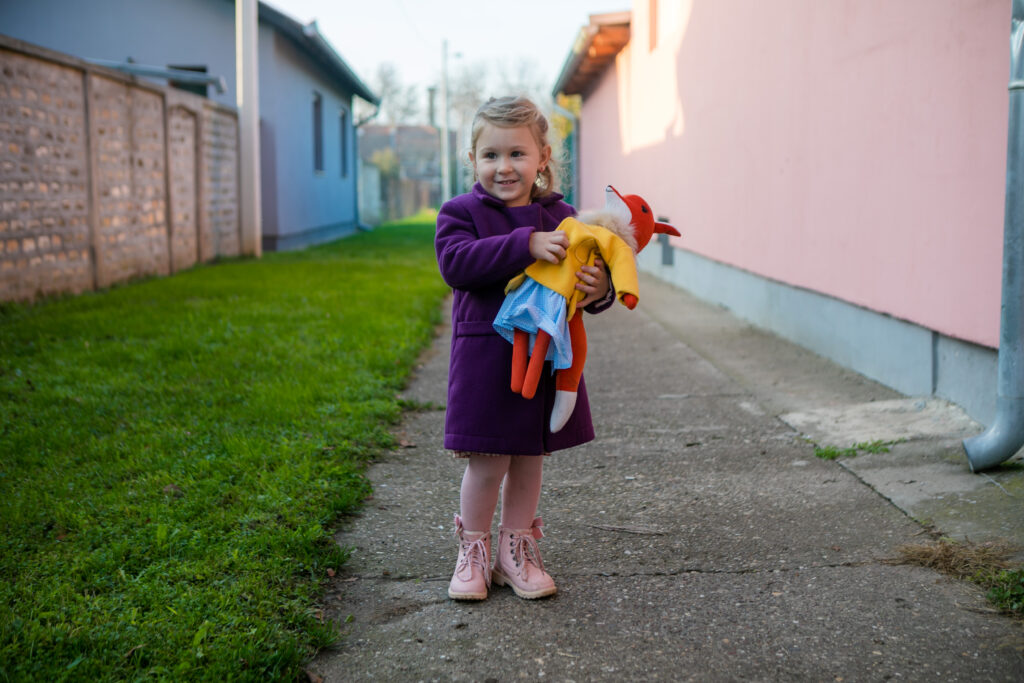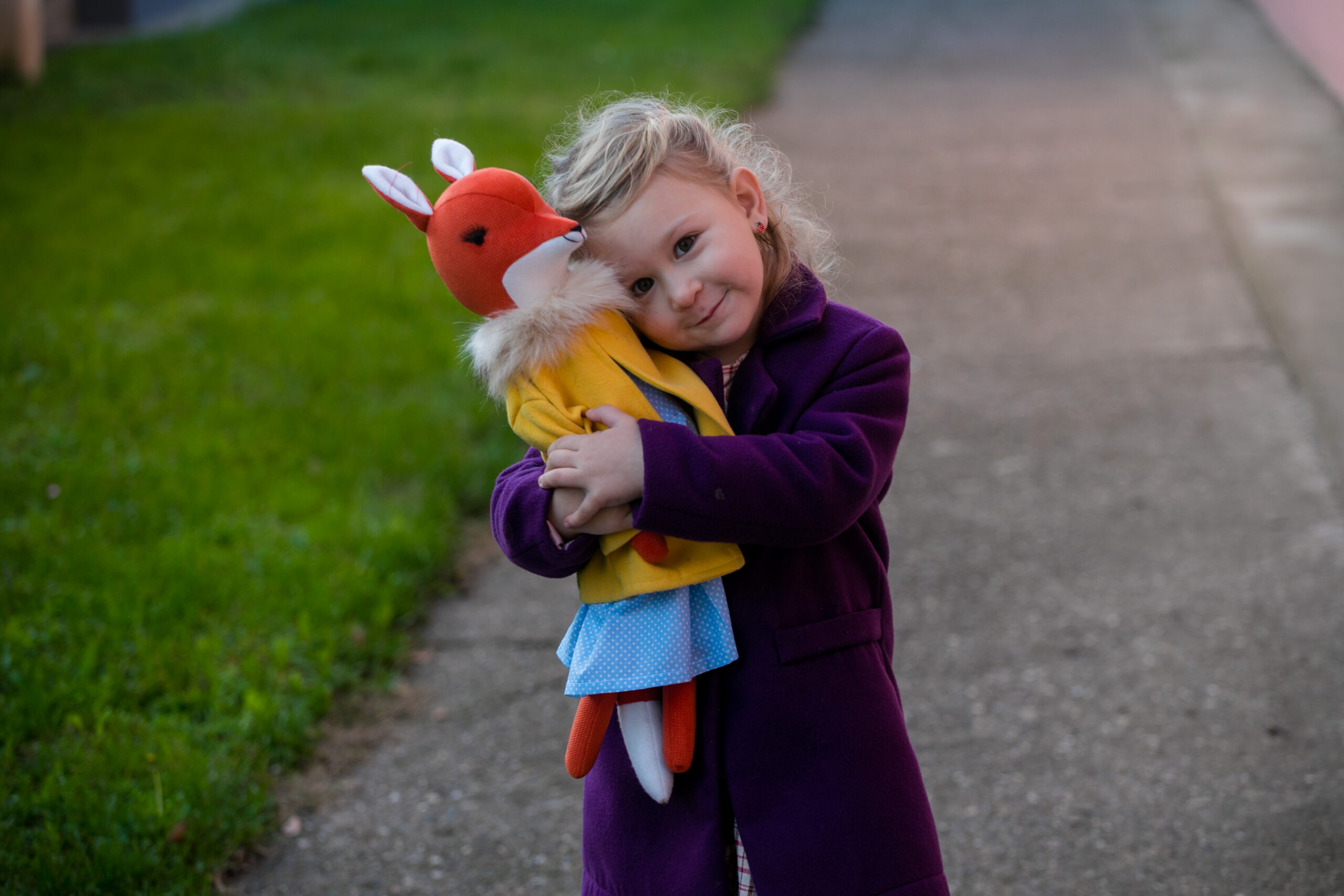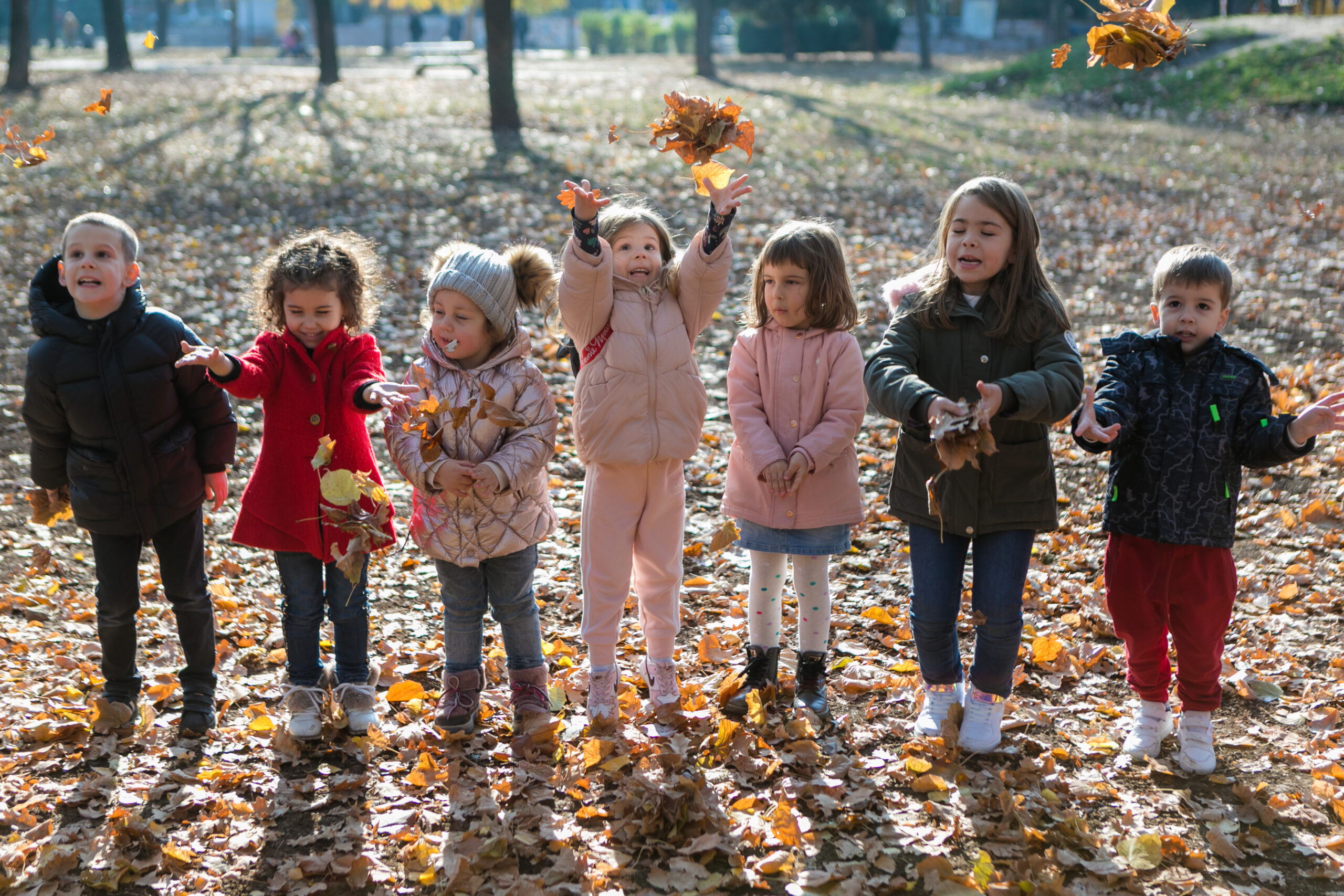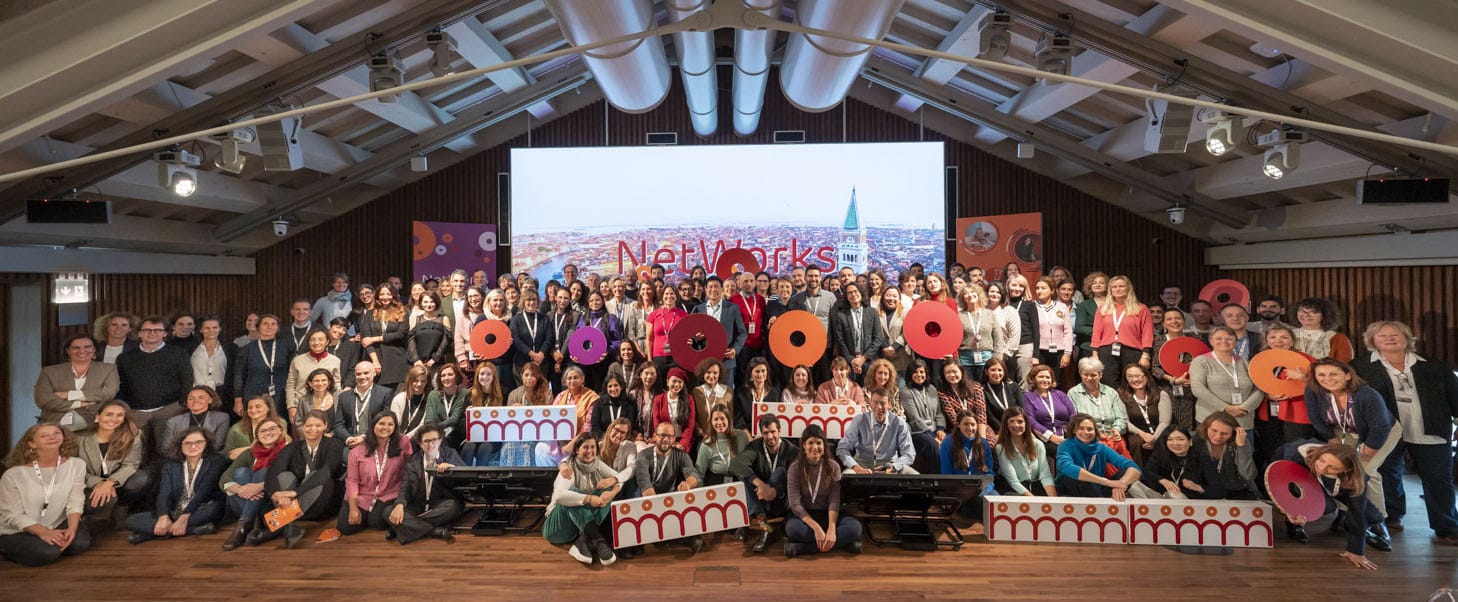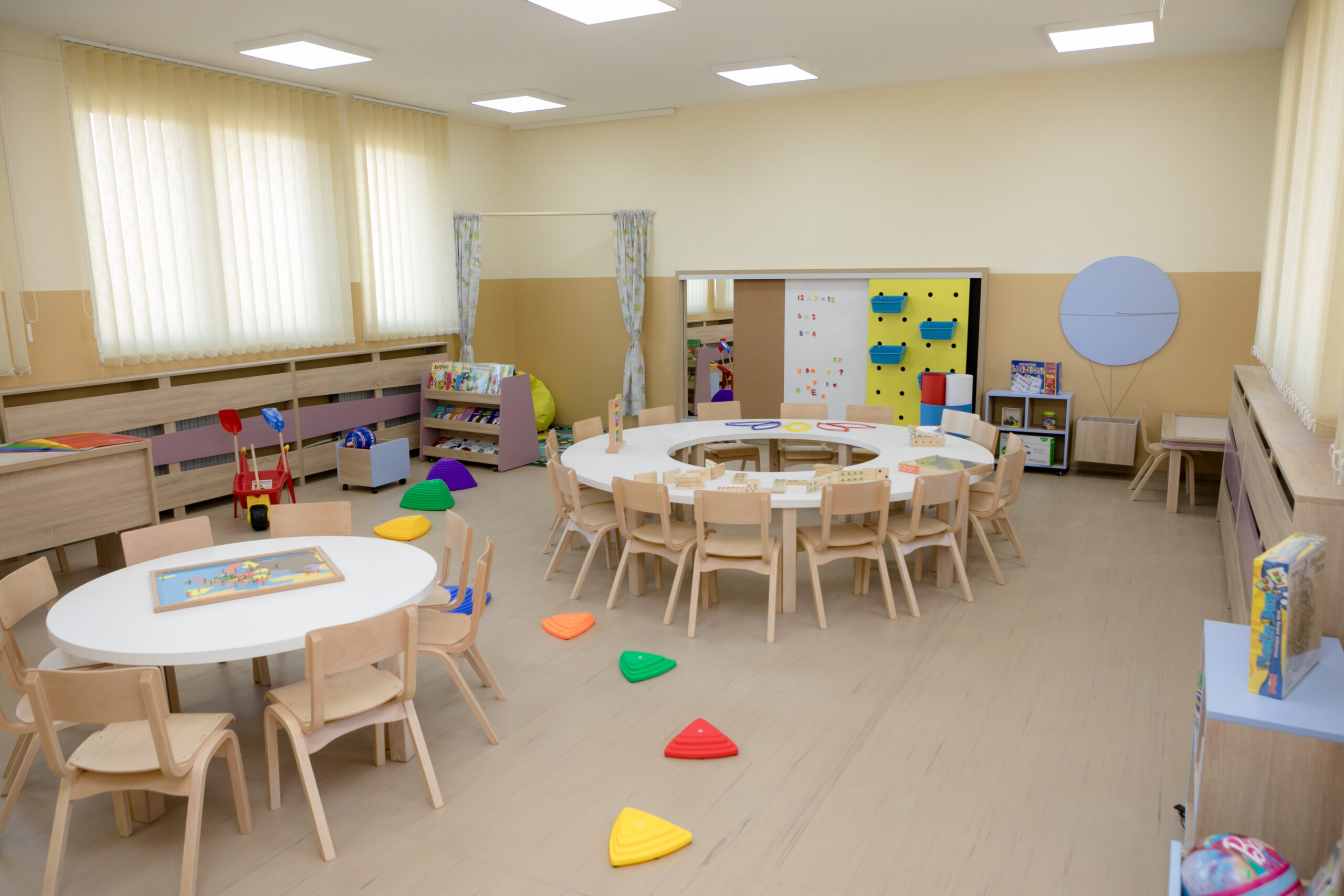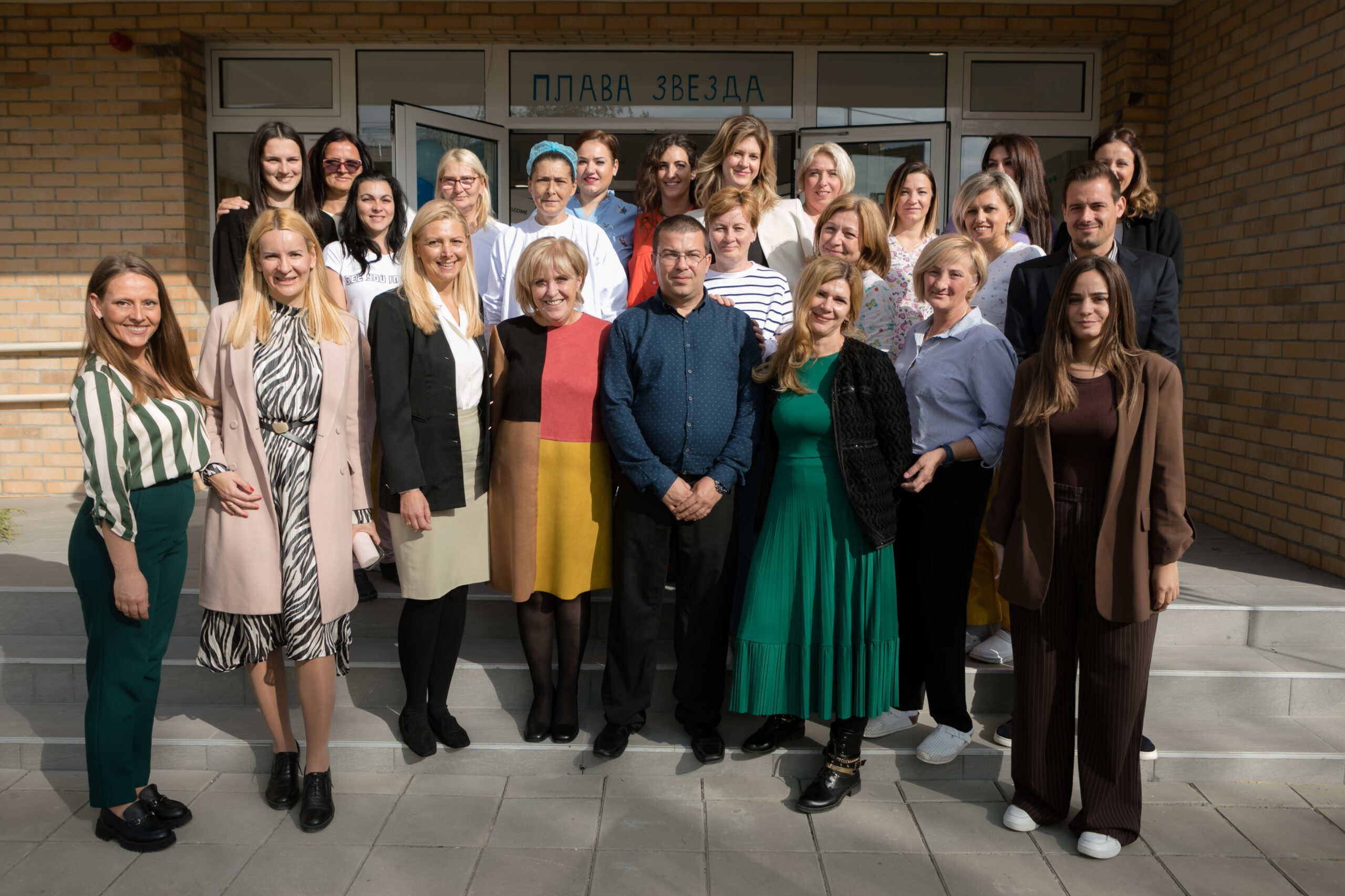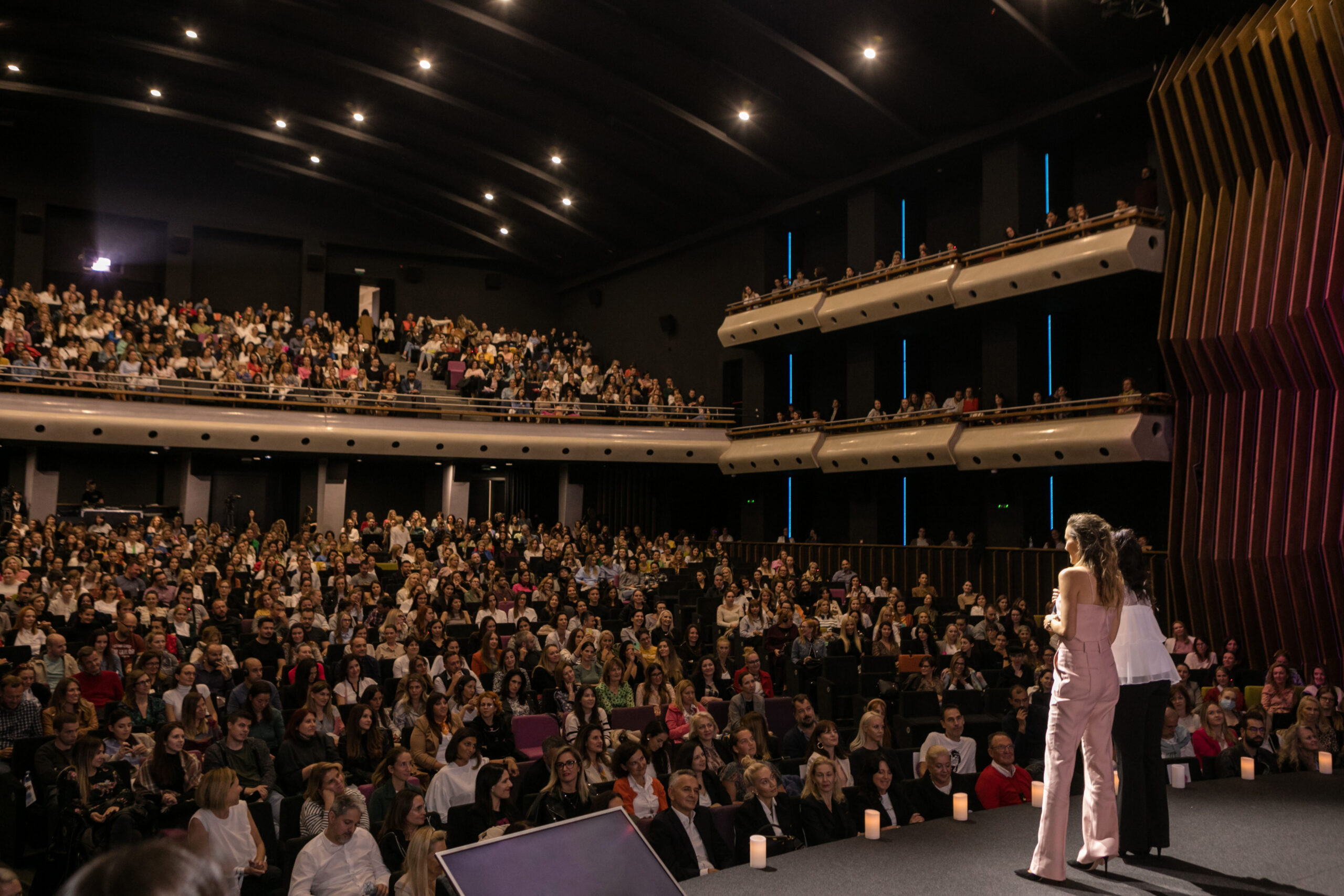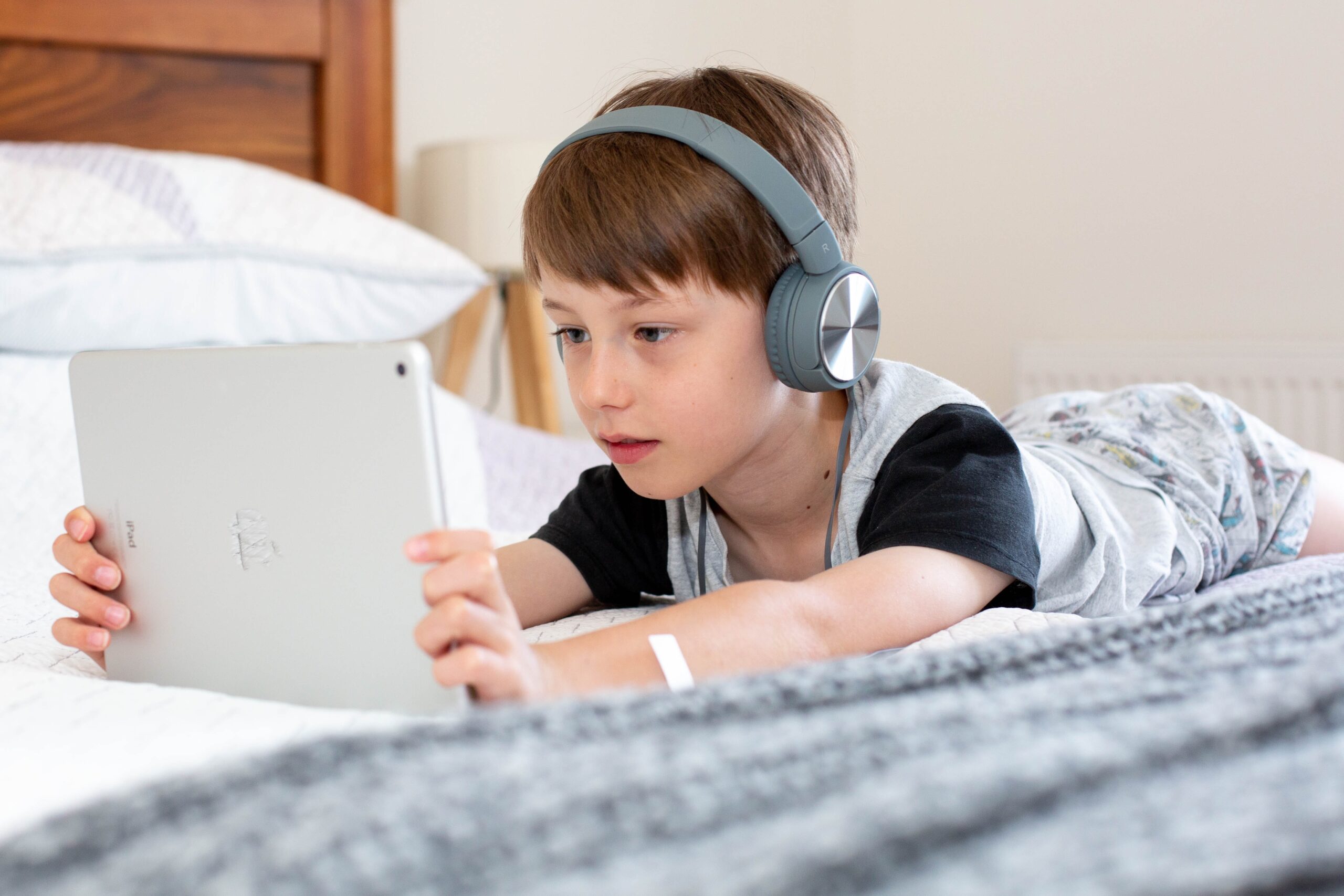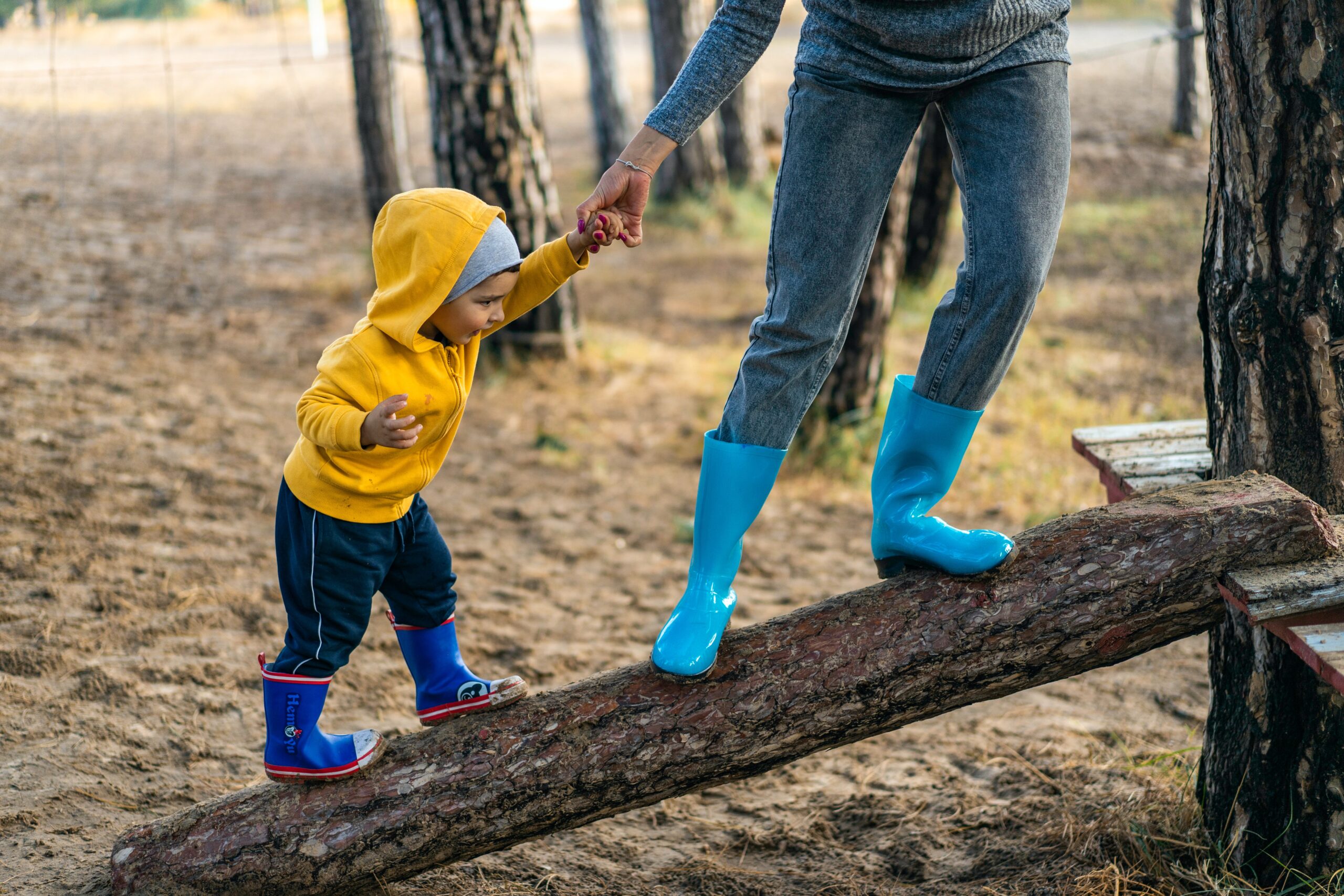The unfolding events around the Global Climate Strike have brought to the surface the issue of ‘eco-anxiety’. Children are increasingly suffering anxiety and grief about climate change, so psychologists are advising parents to discuss the issue in an age-appropriate way.
[dropcap]T[/dropcap]he most recent Global Climate Strike is cited as the largest climate protest in world history with 4 million protesters participating in 2,500 events scheduled in over 163 countries on all seven continents. Swedish climate activist Greta Thunberg has been one of the prominent figures in this massive coordinated strike delivering an emotional speech at the United Nations. Following the strike, social media has been adding fuel to problems that could and should be resolved with action and care. Parents can step in to protect their children, talk to them openly about recent events, and encourage them to express their feelings as they deserve to do. Here are five ways to cope with your children’s ‘eco-anxiety.’
1. Talk to your children about the climate crisis bluntly.
Before sitting down to talk to your children about the climate crisis, do your research – explore the facts and the numbers – and, then start an honest conversation with them. From my interaction with children, I have learned how sensitive, intuitive and intelligent they are. Being honest with them is a must – reassure them that even though the climate crisis is a part of our reality, it is something that depends on the collective actions of billions of people.
Therefore, the climate crisis is solvable with innovative ideas and solutions. If your children have opinions on the climate crisis, allow yourself the patience to listen to and respect your children’s opinions. Moreover, share your personal opinions on the topic and make the conversation a safe and productive place in which both sides can show their emotions without any judgment. Knowing this, children can use their imagination to come up with some creative ideas, while parents can use these ideas and point to activities both sides can bond over.
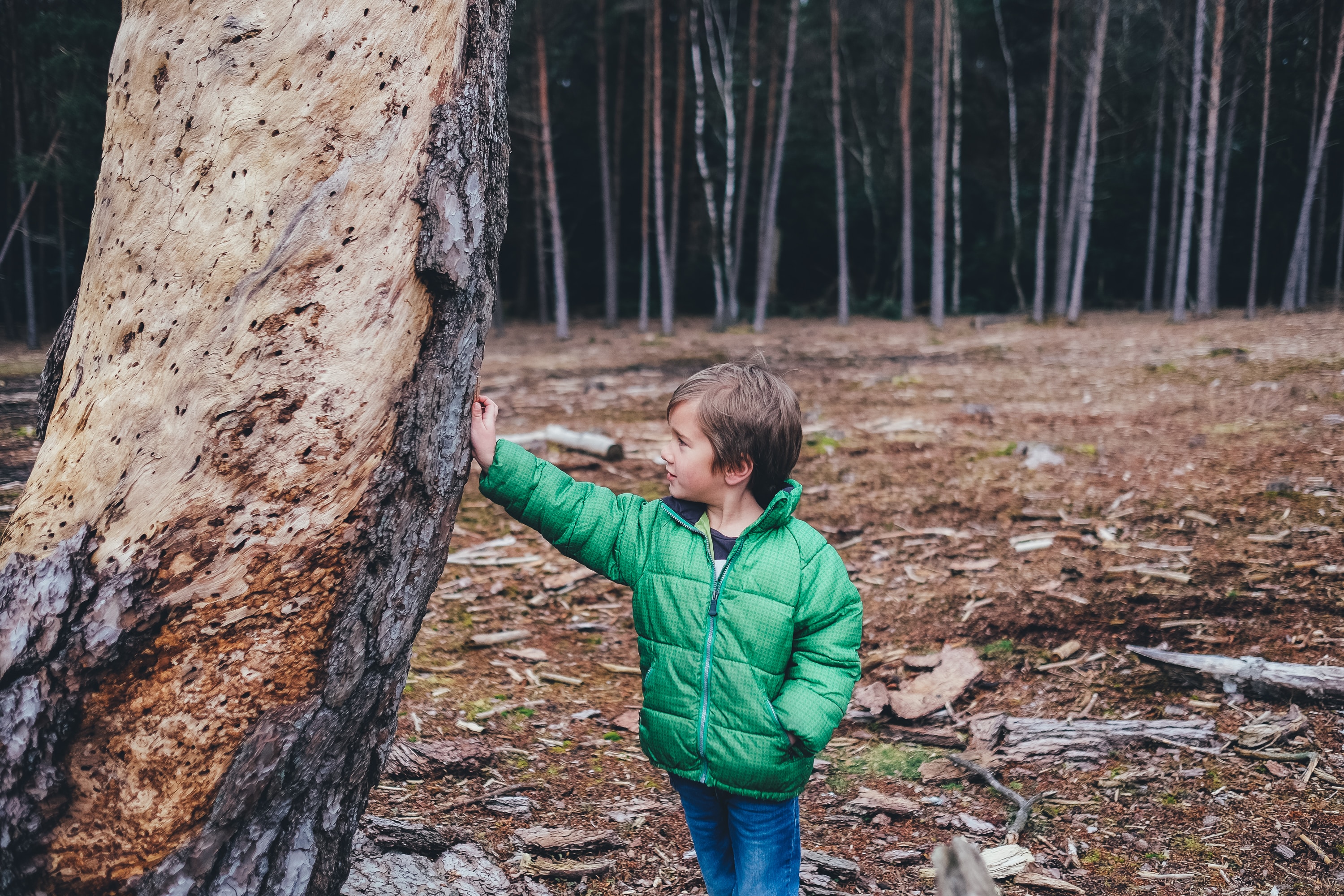
Parents should discuss the issue of eco-anxiety with children in an age-appropriate way.
2. Be an ethical role model for your children.
Children do mimic their parents’ behavior. I believe that they absorb everything they see, hear, and have exposure to. To cope with your children’s eco-anxiety, you can provide examples of ethical behaviors that your children can look up to and replicate. This will allow them not to feel a sense of control, but to feel that they are making a positive impact on the environment and the world overall.
Those ethical behaviors could include recycling, bringing your non-plastic bags when grocery shopping, not wasting too much water at home, choosing organic and locally-produced food, lowering vehicle emissions, using reusable products and materials, donating your old clothing rather than throwing it away, buying sustainable clothing, and so on. The possibilities of helping the environment and the world are endless. Setting a positive example for your children from a very young age will allow them to feel a sense of responsibility to act ethically.
3. Bond over some entertaining environmental activities.
Showing children ways, in which to transform negativity into positivity, will help them cope with eco-anxiety. Those entertaining environmental activities will provide a safe harbor that children can run to once they feel a sense of urgency and a lack of control. Giving your children the freedom to be creative and to seek hobbies to tone down their worries is the proper manner to deal with negative emotions. Those entertaining environmental activities can include watching environmental documentaries, or creating their environmental documentaries, drawing, putting together puzzles of some beautiful scenery, and working on environmental science projects.
Another bonding activity could be seeking specialized health-food stores, and local farms, grocery shopping for organic and locally-produced food, and utilizing the products to create their recipes. In case those activities are not up to your children’s liking, allow them to come up with their ideas, and if they do not have any, do not pressure them into being creative without their desire to do so.
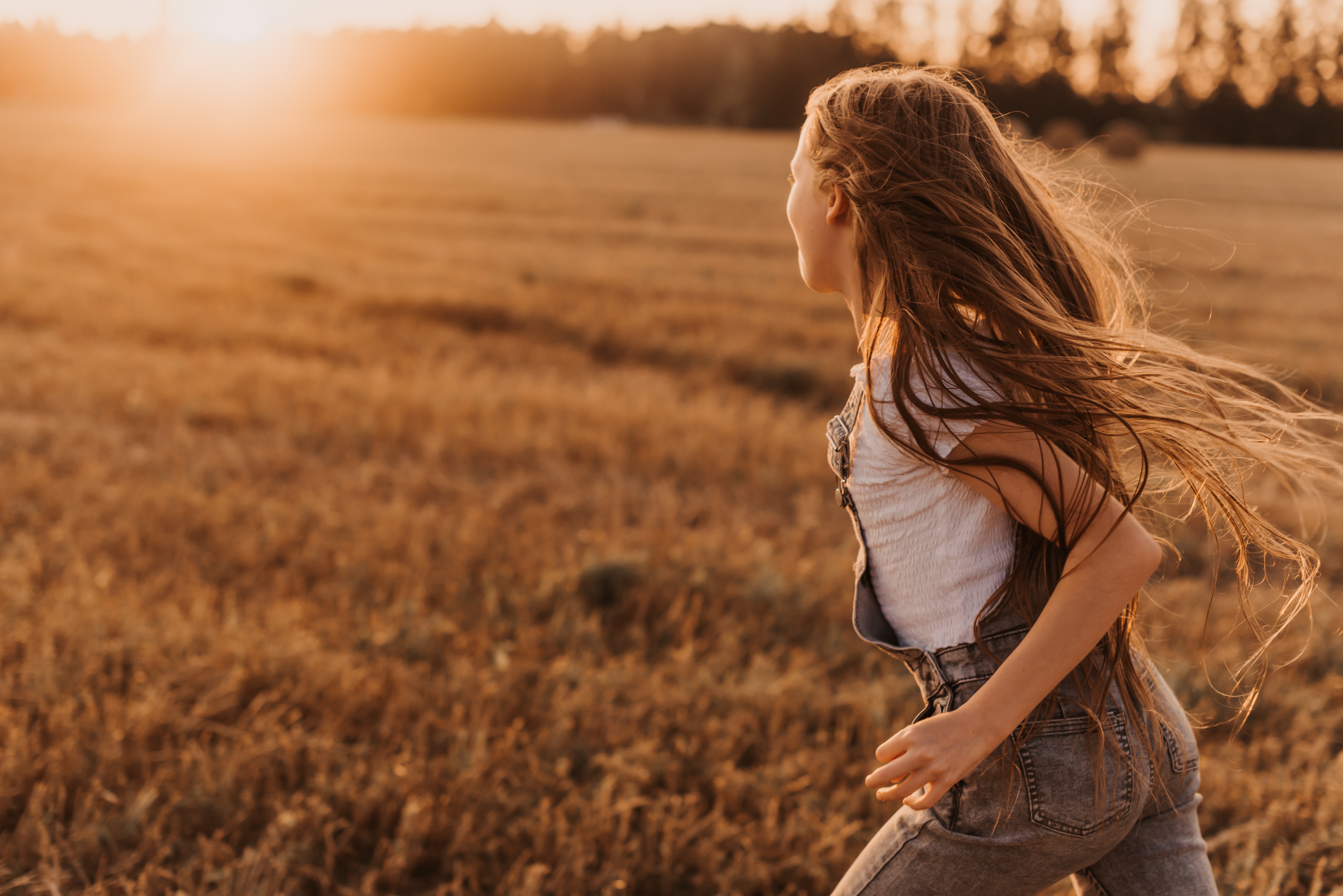
Spending time in nature can open your children’s eyes to the vast beauty that nature is hiding.
4. Volunteer together to bring positive energy into the world.
Starting small and making ethical decisions at the individual level is the first step while volunteering at your local community is the second one. The social reciprocation of hope and love can truly fill the world with positive energy. I have found out that giving my time to others and taking care of others makes me feel fulfilled more than anything else. This act of giving, in which you expect no reciprocity, lifts others and spreads the positivity to those around you. Allowing children to understand the importance of giving, in my eyes, is important. Once you give back to yourself, you can donate your time, energy and attention to charitable causes and others.
5. Spend time in nature.
Last but not least, spending time in nature can open your children’s eyes to the vast beauty that nature is hiding. There are so many places one can travel to but not enough time and resources to travel to every single beautiful destination in the world. Prioritizing time to travel can be another way in which parents and children can bond. Whenever you get out of work, bring your children to the local parks, gardens, playgrounds, and whenever you have a longer vacation, take a family road trip to a new destination. Traveling internationally will also broaden your children’s horizons and acquaint them with different cultures and traditions. Respecting nature makes us respect ourselves, others and other traditions and cultures. Sitting in quiet in nature amid our daily worries will show us that those worries and thoughts are only a projection of the mind.
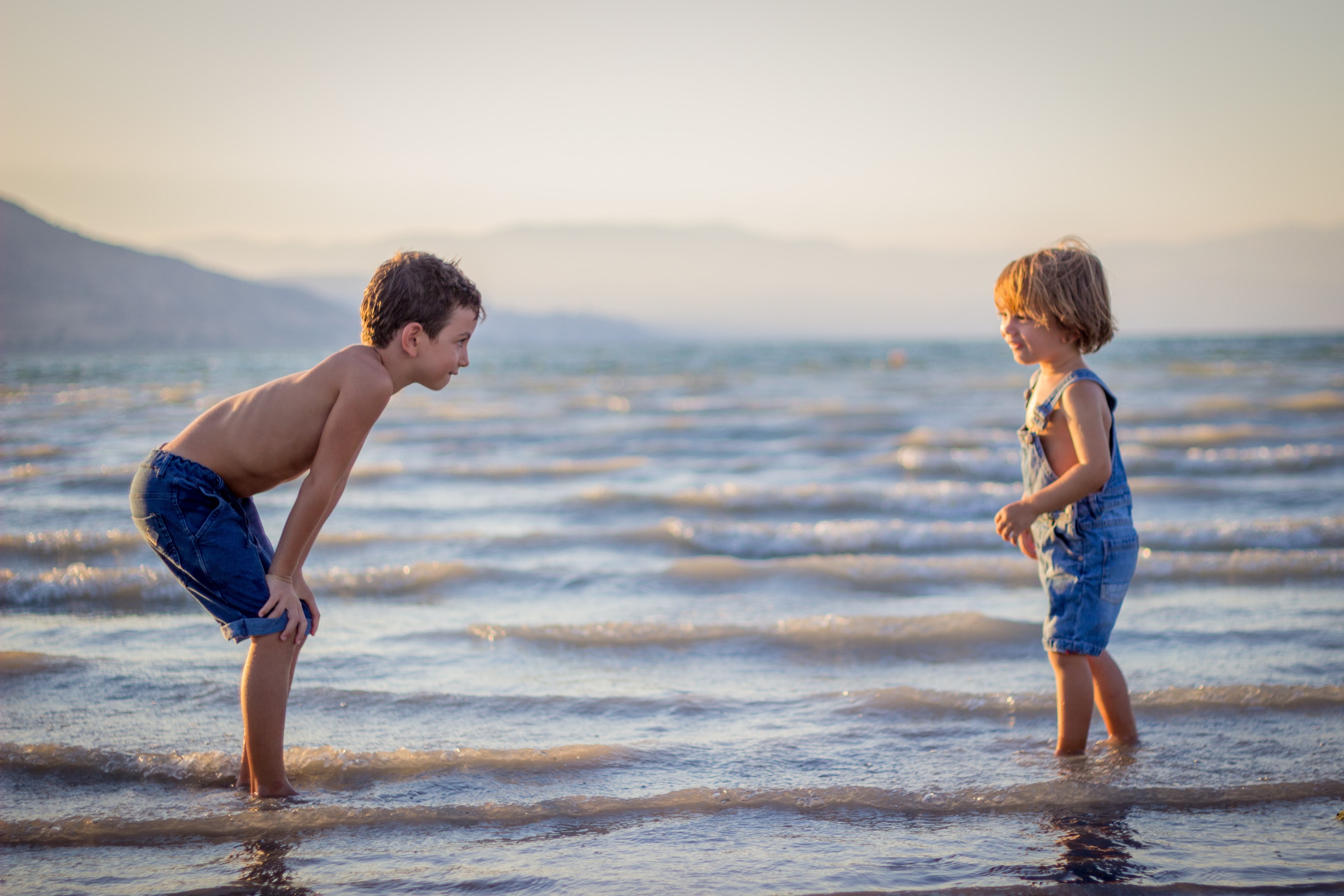
Showing children ways, in which to transform negativity into positivity, will help them cope with eco-anxiety.
In this article, I have tried not to pick a side and take a stance on the climate crisis and eco-anxiety, because I believe that no side will eventually win. Both sides are right in their manner and they have bulletproofed their points of view. So, both sides are battling, firing bombs at each other, but I cannot see what the point of the battle is because at the end of the day the battle will leave both sides hurt. There is so much power in words when those words hit the target. There is so much power in love, not in hatred, and there is so much power in collaboration.
Saying that something is not real when the numbers show it is real is like trying to blindside the truth-seekers, and saying that action is necessary without any real action is like trying to wait for the apple to fall on your head to make a scientific discovery.
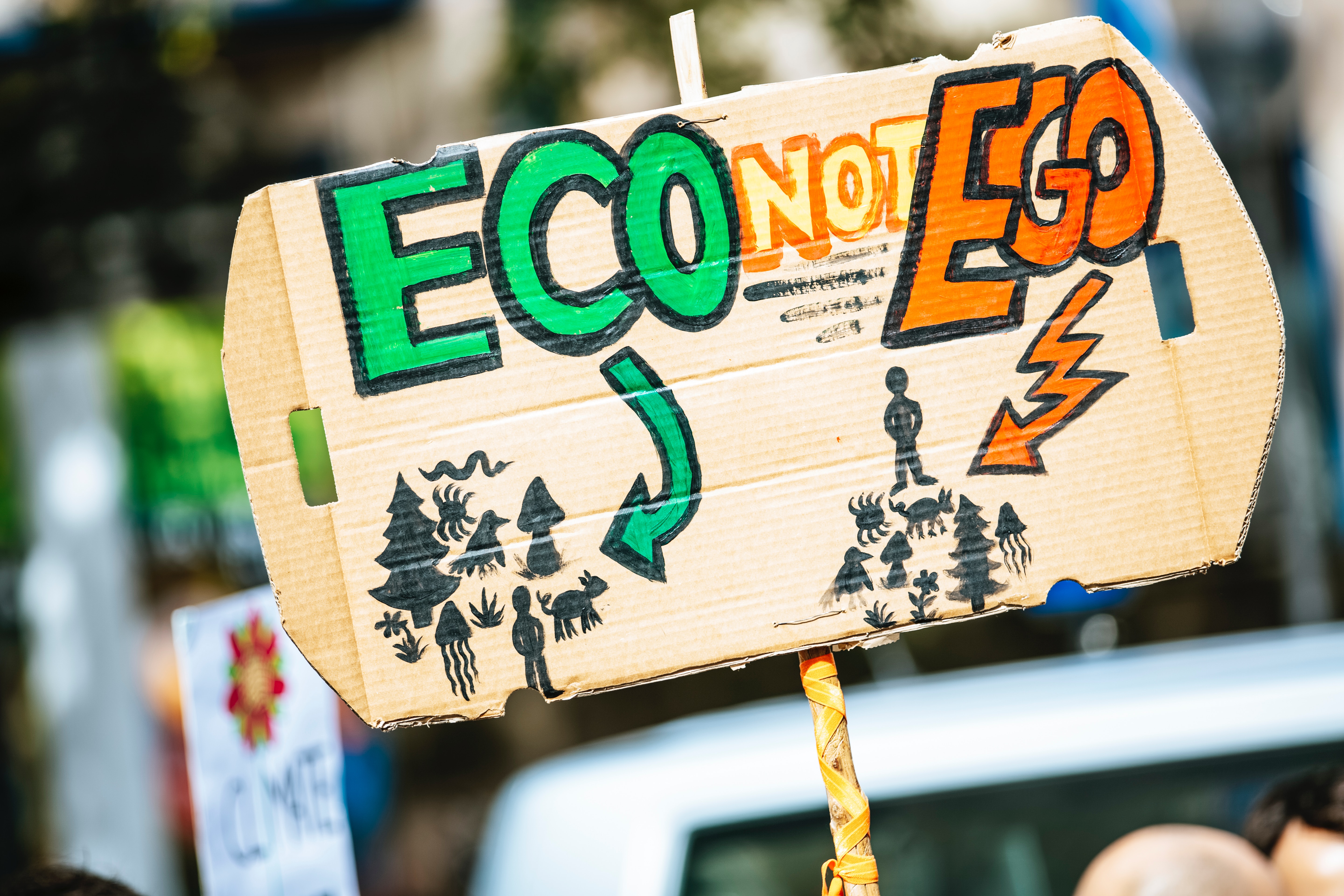
Still, we are all in this together and any type of division will not lead to legitimate solutions to those pressing environmental problems. Recently on one of their midterm questions in the financial management class, which I am teaching, my students have all been vocal on issues that need resolution, including the environmental crisis. My students’ words have been powerful and have shown me that we all want the same thing – a better world. I have my proof of how talented and intelligent they are and we, as parents and teachers, need to reassure them of this.
They need to know that the time is now and if they have dreams, they need to follow them. They need to be able to express themselves without being worried about stereotypical notions, to smile and be happy with their lives, and to be free in their words and actions. I truly believe that there is no battle worth fighting for but love. We need to make love the guiding force in everything – our thoughts, words and actions – and only then can we demand and expect change.

